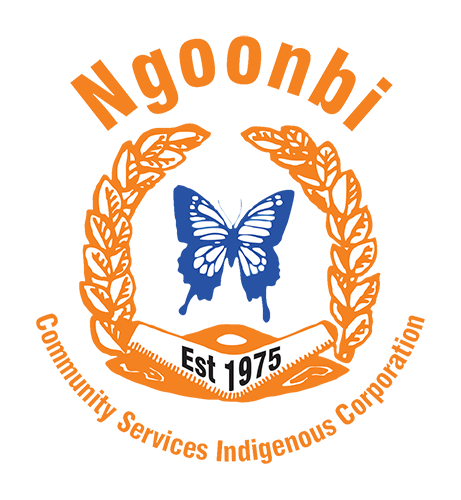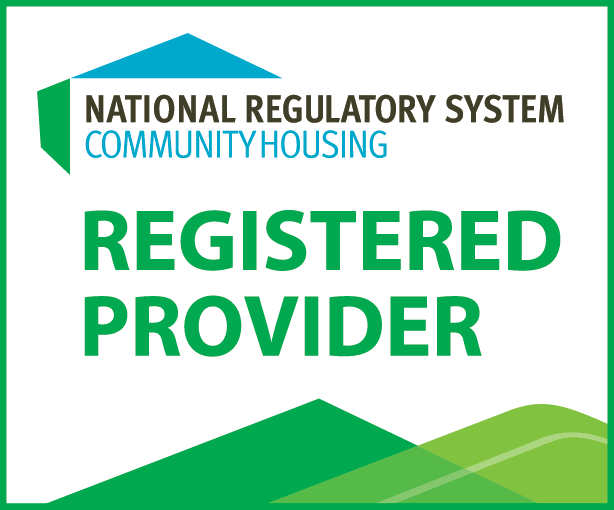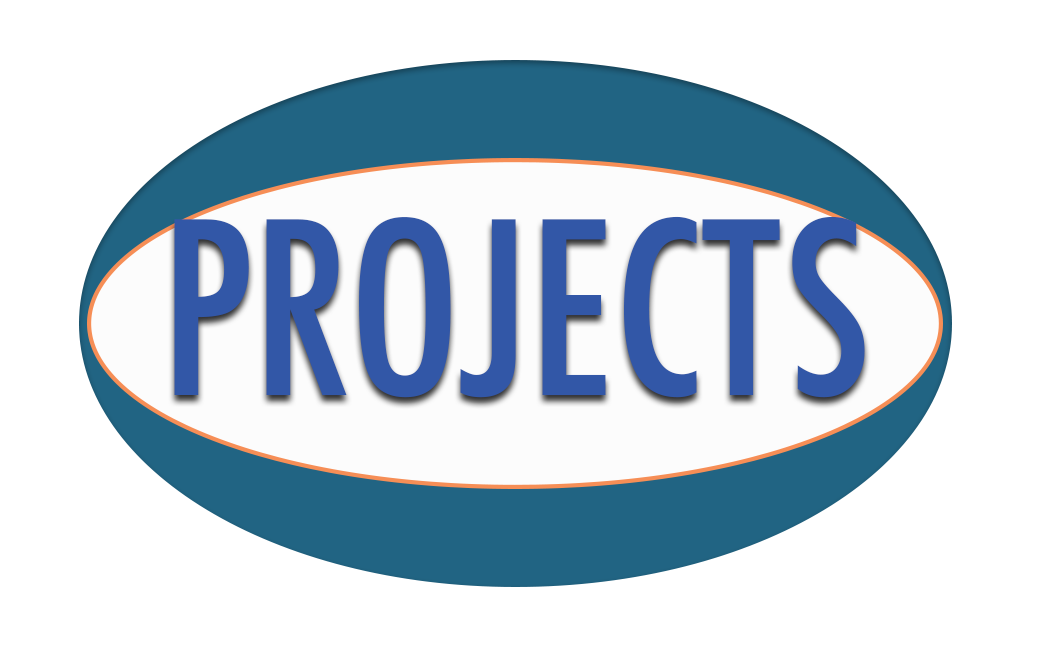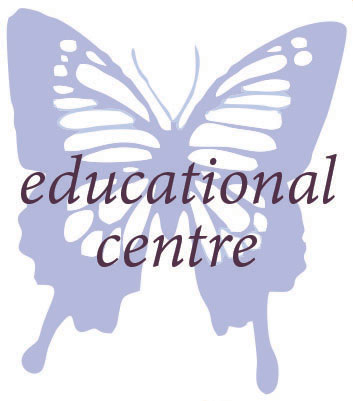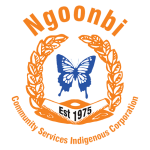NGOONBI’S HISTORY
Ngoonbi Community Services Indigenous Corporation is a community based not for profit Aboriginal organisation in the Kuranda District. Ngoonbi was incorporated in 1975 by Aboriginal members of the Kuranda Community under the 1972 Self Determination and Self Management Act of the Commonwealth Government. Prominent Aboriginal Leaders rallied members of the Kuranda Aboriginal community in becoming one of the very first Aboriginal organisations to form in the Far North Queensland Region.
The first Ngoonbi Chairperson was Elder Kozlan Assan and Board of Directors were church leaders and former residents of Mona Mona Mission which disbanded in 1963. In 1975, Ngoonbi was able to purchase two dwellings and later constructed a house at Veivers Street, Kuranda with the first allocation of federal government funding. Ngoonbi later established a shopfront called Jilli Binna which became the first Aboriginal Cultural Artefact Store in Kuranda’s booming tourist industry.
NGOONBI’S PROGRAMS & SERVICES
Since it’s establishment, Ngoonbi’s services have increased substantially to include:
- Aged and Disability Care – Commonwealth Home Support Program, HCP and NDIS
- Housing and Construction
- Ngoonbi Alcohol and Other Drugs Program (NAOD)
- Bibi Yungan – Great Start to Great Learning
- Community Youth Empowerment Program
- Sport and Recreation
- Centrelink Agency offering Emergency Relief
